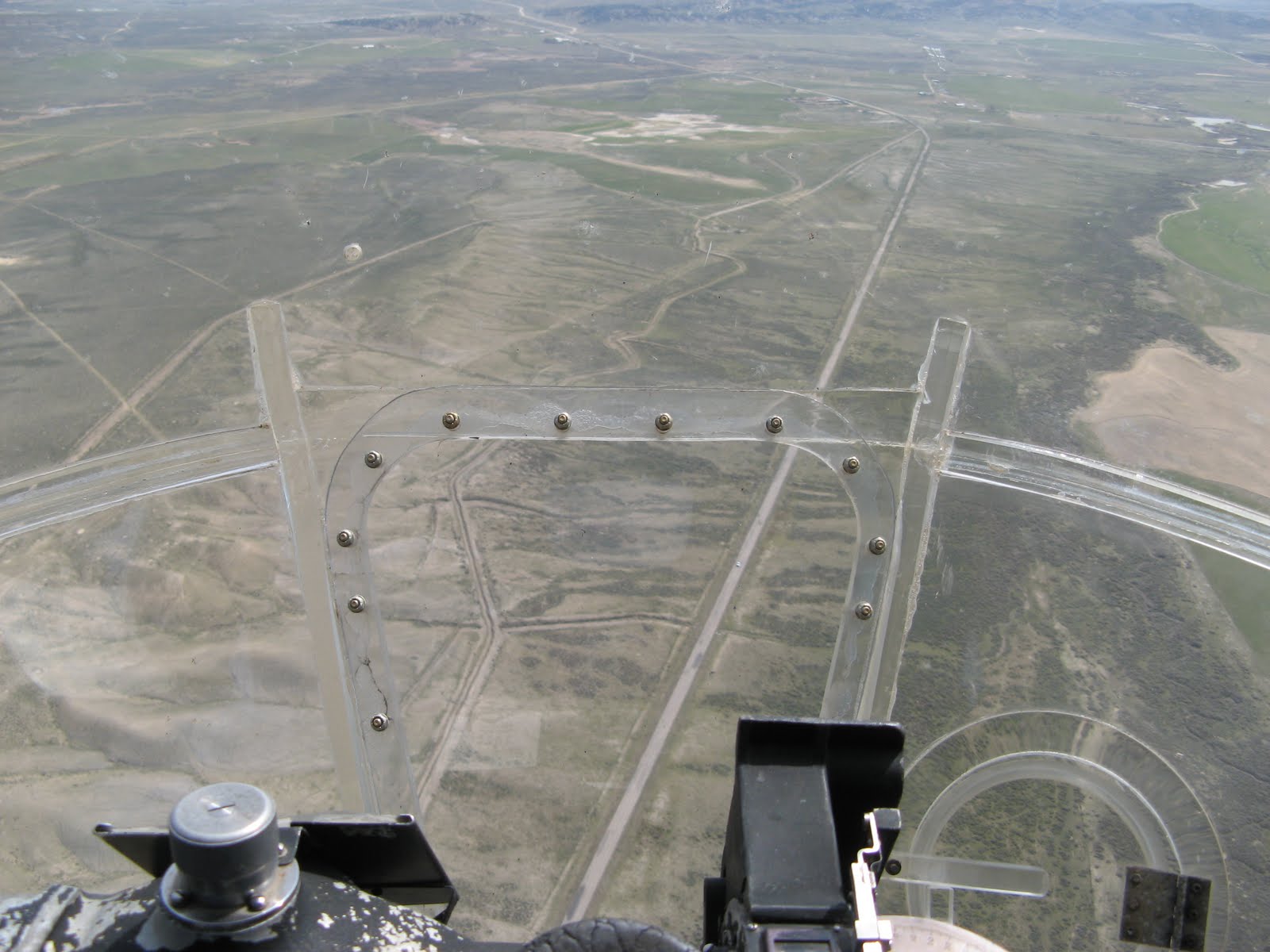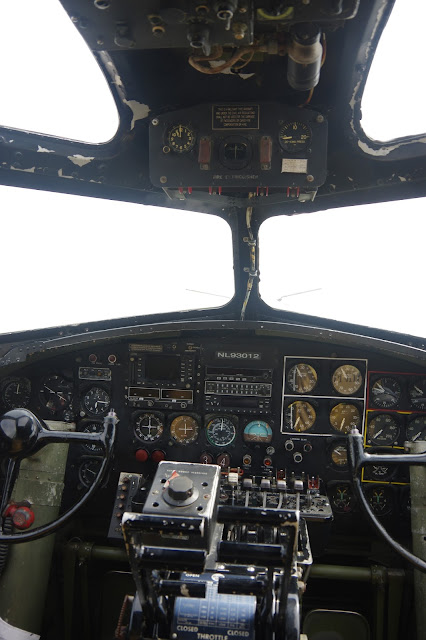Soemu Toyoda (豊田 副武) was made Commander in Chief of the Imperial Japanese Navy Combined Fleet.
Toyada became a full Admiral only shortly before the Japanese attack on Pearl Harbor and was opposed to it from the onset, believing that a war with the United States was unwinnable. He figured in late war Imperial Conferences on finding an end to the war, which he was in favor of ending but he wished for better terms for Japan, even after the atomic strikes on the country. He was in favor of defending the home islands to the last man.
Arrested and charged with war crimes in 1948, he was acquitted in 1949, the only member of the Japanese armed forces to prevail in a war crimes trial. He died in 1957 at age 72.
The British 14th Army captured the heights above the Maungdaw-Buthindaung road in the Arakan.
The USS Donnell was heavily damaged by a strike by the U-473. Towed to Scotland, she became a total loss.
The U-852 was scuttled on the Somali coast.
Harvard scientists announce the ability to produce synthetic quinine.
The French Resistance burned 100,000 liters of acetone at the Lambiotte plant.
2nd Lt. John W. Garrett, age 19, was killed making an emergency landing of a B-24 at Rentschler Field, East Hartford, Connecticut.
Sarah Sundin has some interesting entries on her blog, Today in World War II History—May 3, 1944.
She reports, for instance, that Going My Way was released.
I've never seen the film, but according to some its the best in Bing Crosby's career. I probably should catch it.
The movie is really from the golden age of the portrayal of Catholic clerics in American films. It interestingly came before the point at which Catholics had crossed over into the American cultural mainstream, and remained their own ethnicity to a strong degree. The era, which started in the 1930s and continued into the 1950s, basically ended after the American Catholic integration occured following John F. Kennedy's election to the White House.
It's interesting, in that there are an entire series of really sympathetic portrayals of Catholic priests and Catholicism in general from this era, including Boys Town (1938), The Song of Bernadette (1943), The Bells of Saint Mary's (1945), The Keys of the Kingdom (1944), The Quiet Man (1952) On The Waterfront (1954), and The Left Hand of God (1955). These were all major motion pictures, not niche pictures such as For Greater Glory (2012). They came on pretty strongly in the late 1930s and continued on into the mid 50s, but really disappeared after that. By the 1970's M*A*S*H the portrayal of priests had declined to the point where the portrayal was entirely satyric.
Sundin reports that meat rationing was temporarily relaxed, which brings up this post that we pondered the topic in from a few years back:
Hunting (and fishing), Stateside, during World War Two.
Last prior edition:







































































